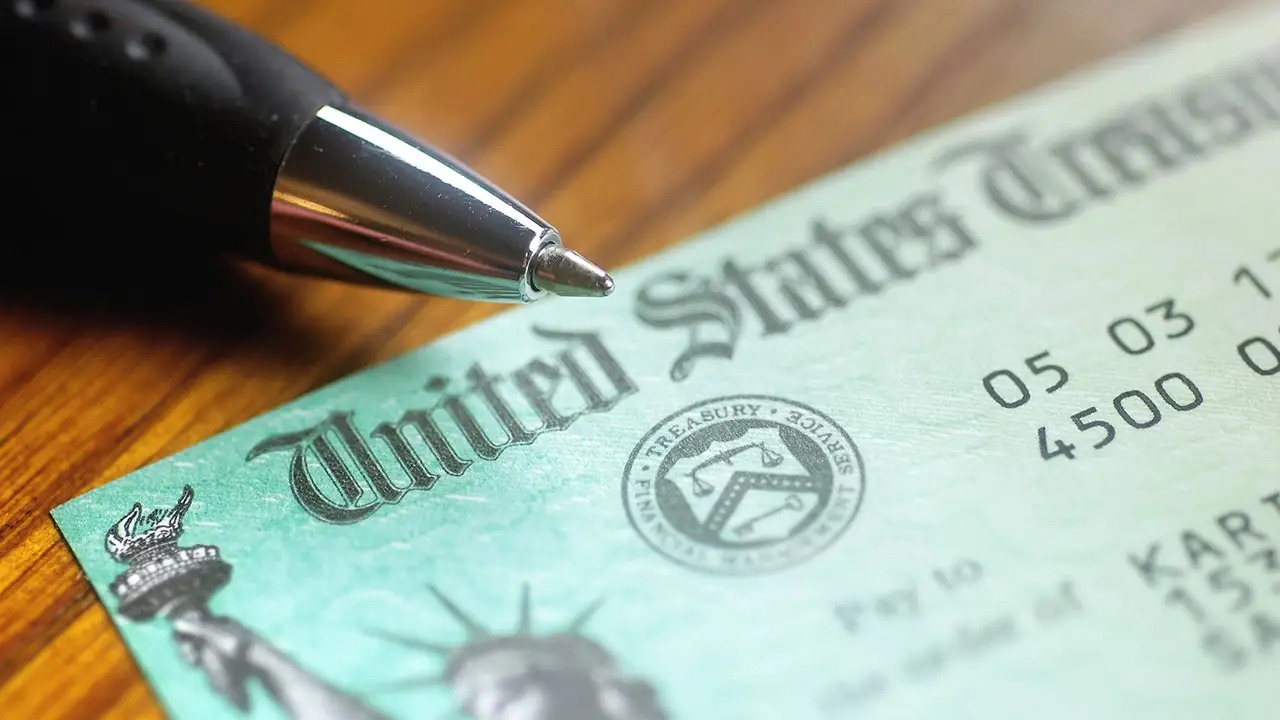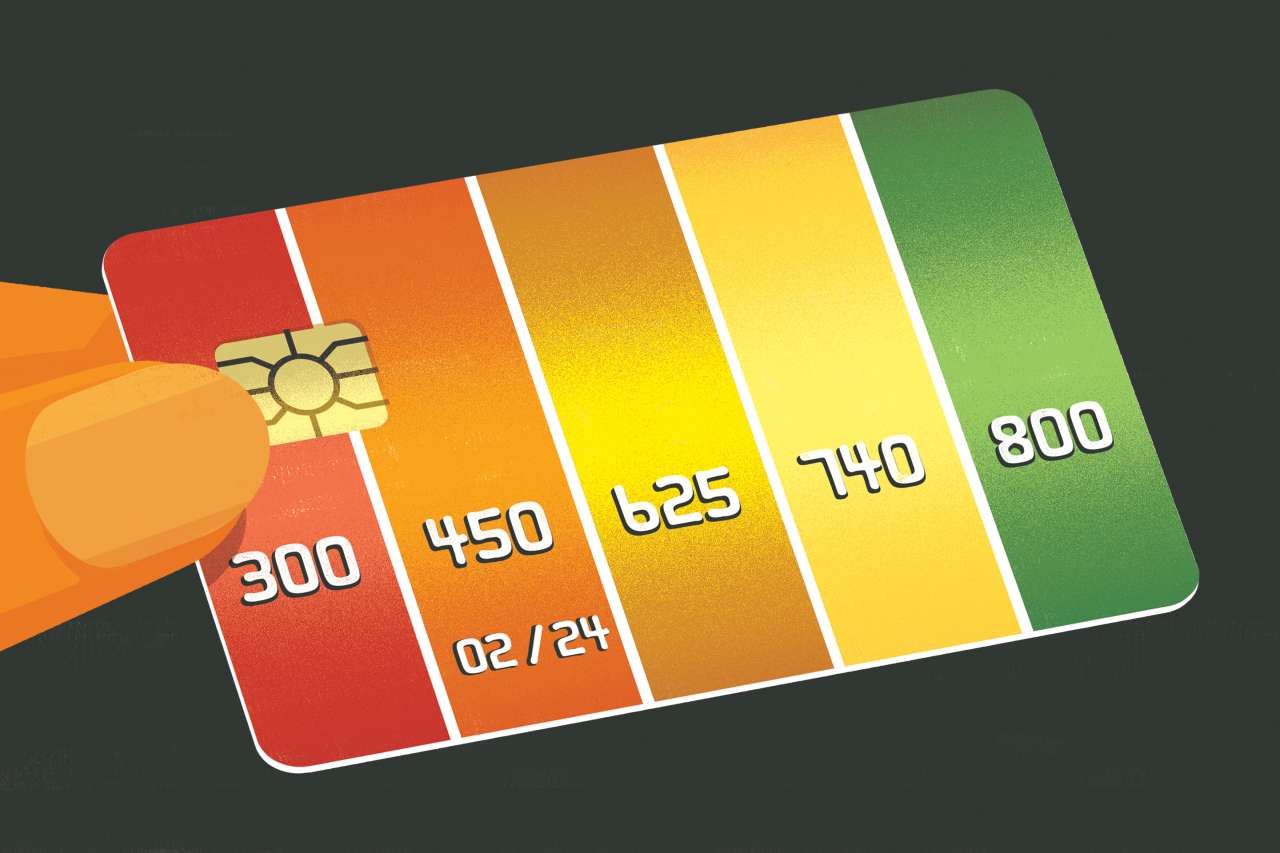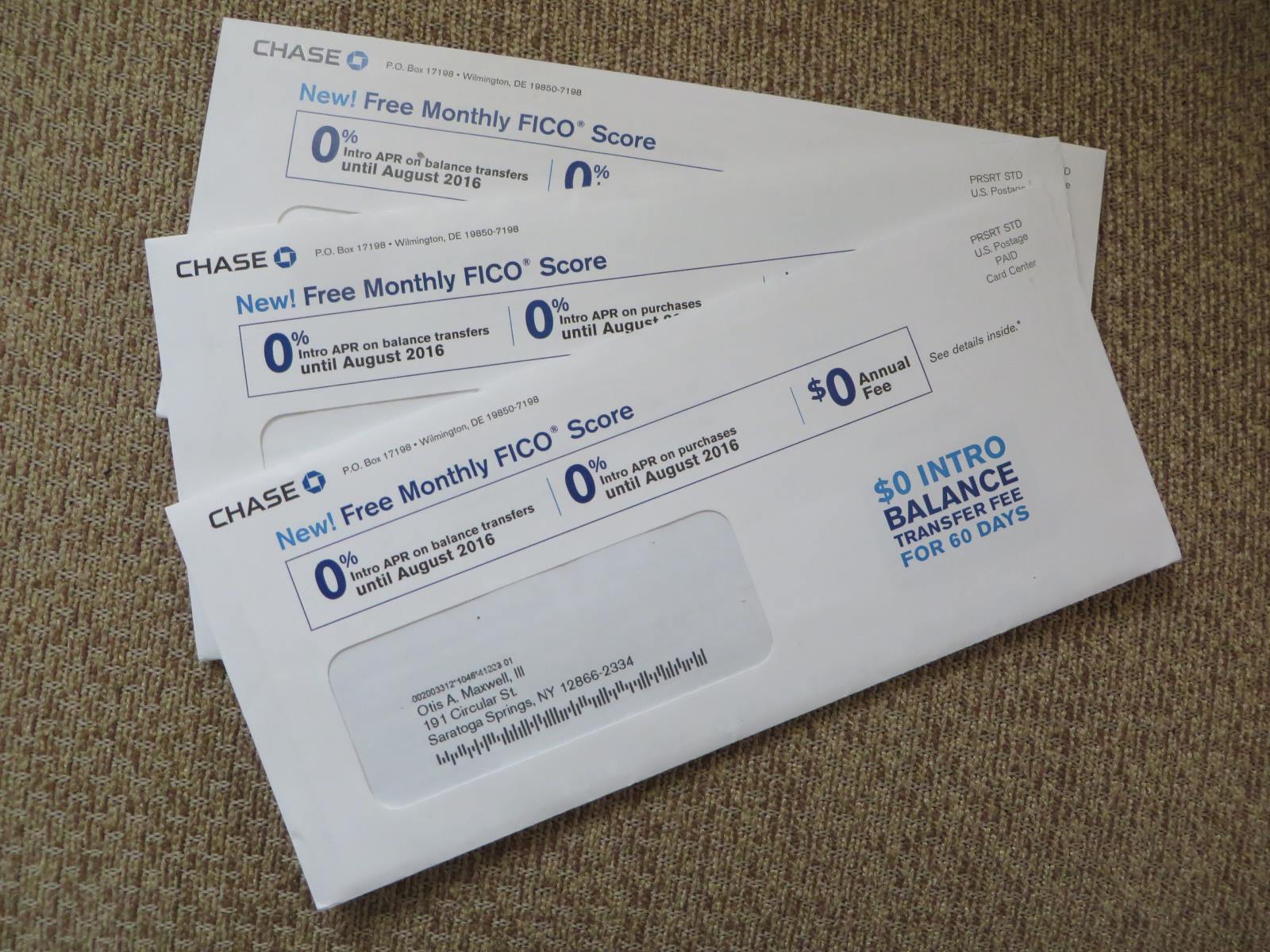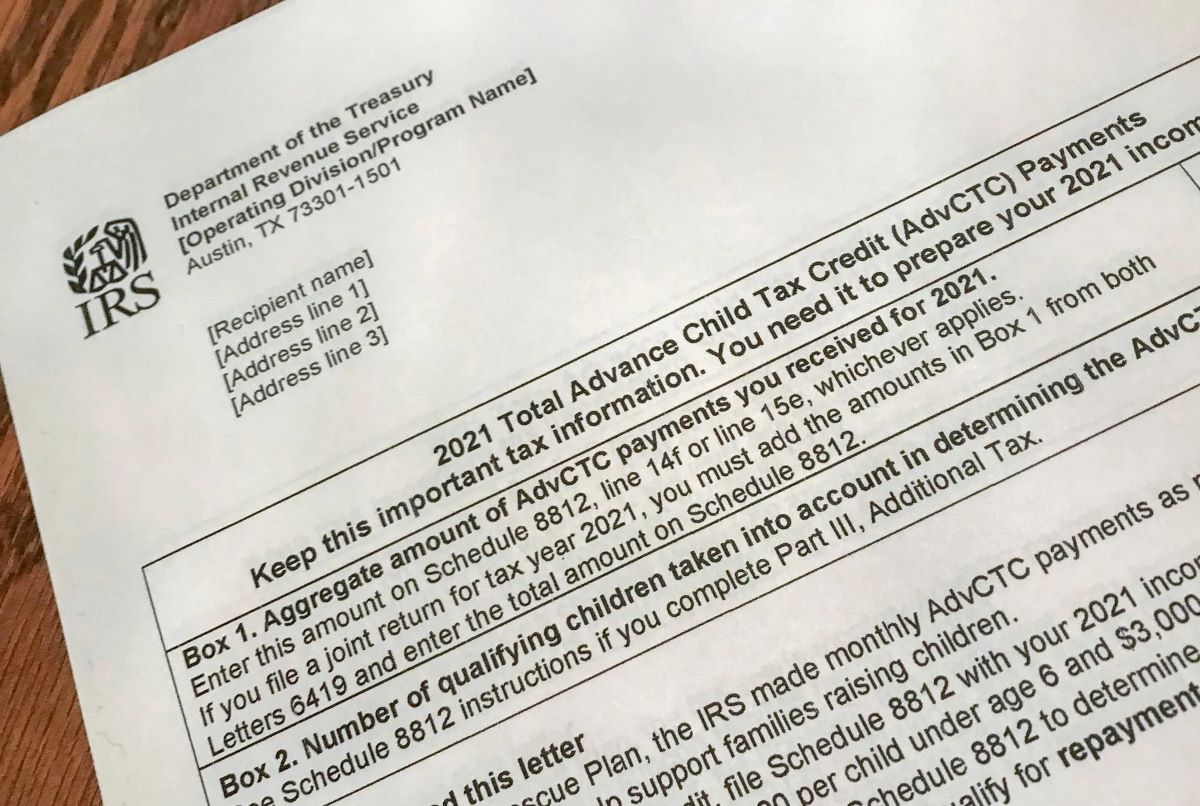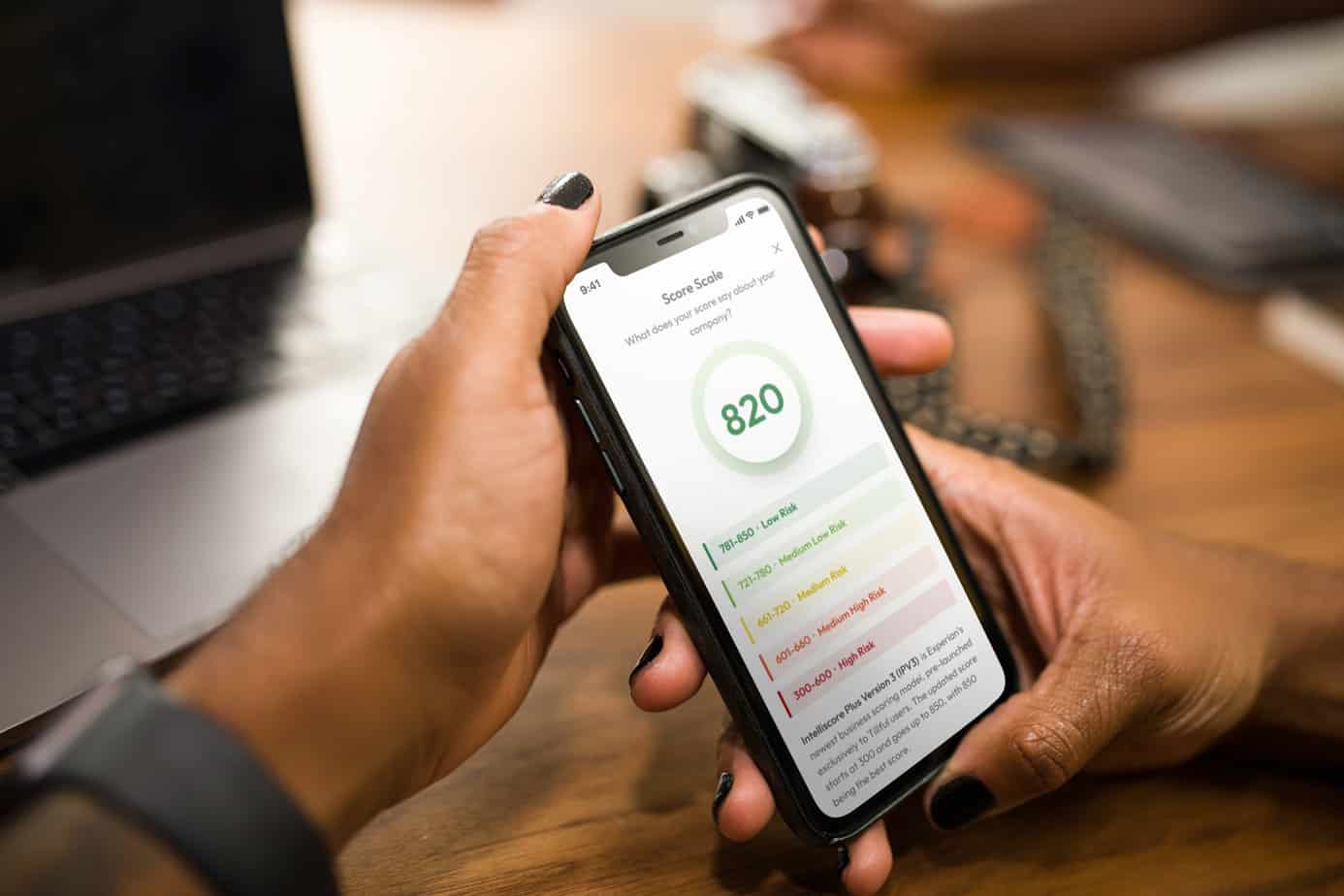

Finance
How Long Does It Take For Credit Card Refund
Modified: March 10, 2024
Need a credit card refund? Find out how long it takes to get your money back. Get expert advice and tips on finance matters.
(Many of the links in this article redirect to a specific reviewed product. Your purchase of these products through affiliate links helps to generate commission for LiveWell, at no extra cost. Learn more)
Table of Contents
Introduction
When it comes to financial transactions, credit cards are an incredibly convenient and popular method of payment. However, there may be instances when you need to return a purchased item or receive a refund for a canceled service. Understanding how long it takes for a credit card refund to process can alleviate some of the stress and uncertainty that can come with these situations.
A credit card refund refers to the reversal of a previously processed transaction, typically initiated by the merchant or service provider. This process ensures that the funds are returned to your credit card account, effectively canceling the purchase and restoring your available credit. While the concept of a refund seems straightforward, the actual timeline for this process can vary depending on various factors.
In this article, we will delve into the intricacies of credit card refunds, exploring the refund process, the factors that affect refund timelines, and different refund timeframes you might encounter. We will also provide some tips on how you can expedite the refund process to get your money back as quickly as possible. So, grab your favorite beverage, take a seat, and let’s dive into the world of credit card refunds!
Before we get into the details, it’s important to note that the specific refund policies and procedures can vary between credit card issuers, merchants, and service providers. Consulting the terms and conditions of your credit card provider and the policies of the merchant in question will provide you with more specific information regarding their refund policies. With that being said, let’s begin our journey into the fascinating world of credit card refunds.
Understanding Credit Card Refunds
Before we delve into the process and timeline of credit card refunds, let’s take a moment to understand what exactly a credit card refund entails. A credit card refund refers to the reversal of a previously processed transaction, effectively canceling the purchase and returning the funds to your credit card account.
When you make a purchase using a credit card, the transaction is initially authorized, and the funds are temporarily held in your account. Once the purchase is confirmed and processed by the merchant, the transaction is considered complete, and the funds are transferred from your account to the merchant’s account.
However, there are instances where you may need to return an item or cancel a service, resulting in the need for a refund. A refund can be initiated by the merchant or service provider, and it involves reversing the original transaction, returning the funds to your credit card account, and reducing the balance owed.
It’s important to note that the refund process may not be as instantaneous as the initial transaction. While the exact timeframe can vary depending on several factors, including the policies of the credit card issuer and the merchant, it generally takes some time for the refund to be processed and reflected in your account.
Now that we have a basic understanding of what a credit card refund is, let’s move on to explore the actual process and timeline involved in processing these refunds.
The Refund Process
The refund process involves several steps and players working together to ensure that the funds are returned to your credit card account. Let’s walk through the typical refund process:
- Initiation: The refund process is typically initiated by the merchant or service provider. This can be done in response to a return or cancellation request from the customer, or it may be initiated by the merchant due to a mistake or error in the transaction. In some cases, the refund may also be automatic, such as in situations where an item is out of stock and cannot be fulfilled.
- Verification: Once the refund request is received, the merchant or service provider will verify the validity of the refund. This may involve checking the returned item for any damage or signs of use, ensuring that the refund aligns with their refund policies, and confirming that the transaction was indeed completed.
- Processing: After the verification process, the refund is processed by the merchant or service provider. They will initiate the refund with the payment processor or the acquiring bank, which facilitates the transfer of funds. This involves reversing the original transaction and returning the funds to your credit card account.
- Communication: Throughout the refund process, communication is key. The merchant or service provider should keep you informed about the progress of the refund, providing updates and any necessary documentation. This ensures transparency and helps you stay informed about the status of your refund.
- Posting: Once the refund is processed by the merchant or service provider, it is then posted to your credit card account. This means that the funds are officially returned to your account, and your available credit is updated accordingly. Depending on the credit card issuer, it may take some time for the refund to be reflected in your account balance.
It’s important to note that the exact steps and timeline of the refund process can vary depending on the credit card issuer and the merchant’s policies. Some merchants may have specific refund procedures in place, while others may rely on the standard process facilitated by the payment processor. Understanding these steps can provide you with a clearer picture of the refund process and what to expect in terms of timelines.
Factors Affecting Refund Timelines
While we would all love for credit card refunds to be instantaneous, there are several factors that can influence the timeline of the refund process. Understanding these factors can help set reasonable expectations and provide insight into why refunds may take longer in certain situations. Here are some key factors that can affect refund timelines:
- Credit Card Issuer Policies: Each credit card issuer has its own policies and procedures when it comes to refunds. These policies can dictate how quickly refunds are processed and how long it takes for the funds to be reflected in your account. It’s important to review your credit card terms and conditions to understand the specific policies of your issuer.
- Merchant Refund Policies: Merchants also have their own refund policies, which can vary greatly depending on the business type and industry. Some merchants may process refunds quickly, while others may require additional verification or have longer processing times. It’s a good idea to familiarize yourself with the refund policies of the merchant before making a purchase.
- Payment Processor Handling: In many cases, the refund process is facilitated by a payment processor or acquiring bank. These intermediaries play a crucial role in processing and transferring the funds back to your credit card account. Depending on the efficiency of the payment processor and any technical issues they might encounter, the refund process can be delayed.
- Type of Refund: The type of refund can also impact the timeline. For example, a refund for a canceled service or a return of a physical item may have different processing times. Returns that require physical inspection or validation can take longer compared to cancellations of services or digital products.
- Volume of Refunds: If a merchant or payment processor is dealing with a high volume of refund requests, it may take longer to process each refund. During peak seasons, such as holidays or major sale events, the overall volume of refunds can increase, leading to potential delays in processing times.
It’s important to note that while these factors can influence refund timelines, credit card issuers and merchants strive to process refunds as quickly as possible. However, it’s always a good idea to be aware of these factors and communicate with the merchant or credit card issuer if you have any concerns or questions regarding the refund timeline.
Standard Refund Timeframes
While refund timelines can vary, there are certain standard timeframes that are commonly observed in the credit card industry. These timeframes provide a general idea of how long it may take for a refund to be processed and reflected in your credit card account. Here are the typical refund timeframes:
- Merchant Processing Time: Once a refund is initiated by the merchant, it can take anywhere from a few days to a couple of weeks for the merchant to process the refund. This timeframe allows the merchant to verify the return, inspect the item, or confirm the cancellation.
- Payment Processor Time: After the merchant processes the refund, it goes through the payment processor or acquiring bank. The payment processor then facilitates the transfer of funds back to your credit card account. This step typically takes a few business days, but it can sometimes take longer if there are technical issues or increased refund volumes.
- Credit Card Issuer Posting Time: Once the refund has been processed by the payment processor, it is then posted to your credit card account by the credit card issuer. This posting process can take a few business days to a week, depending on the policies and procedures of your credit card issuer.
Overall, the standard refund timeframes can range from a few days to a few weeks. It’s important to keep in mind that these timeframes are rough estimates and can vary depending on the specific circumstances and players involved in the refund process.
Additionally, it’s worth noting that refunds for online transactions may require additional time due to the nature of online payment systems. Online refunds may also be subject to additional security measures or verification procedures to prevent fraud.
If you’re experiencing delays beyond the standard refund timeframes, it’s advisable to reach out to the merchant or your credit card issuer for clarification and assistance. They can provide updates on the status of your refund and address any concerns you may have.
Extended Refund Timeframes
While standard refund timeframes provide a general guideline for how long it may take to process a refund, there are situations where the process can take longer than usual. These extended refund timeframes can be attributed to a variety of factors. Let’s take a closer look at some of the scenarios that might lead to extended refund timeframes:
- Complex Refund Situations: In some cases, refunds may involve complex circumstances that require additional time for resolution. For example, if a refund involves multiple parties, such as third-party sellers on an online marketplace, it can take longer to coordinate the refund process and ensure that all parties involved are in agreement.
- Disputes or Investigations: Refunds that are part of a dispute resolution process or under investigation may experience extended timeframes. If there are disputes regarding the transaction or suspicions of fraudulent activity, additional reviews and investigations may be required before a refund can be processed.
- Out of Stock or Special Order Items: If you’ve purchased an item that is out of stock or was a special order, the refund process might take longer. The merchant may need additional time to procure the item, verify the cancellation, or determine alternative arrangements before issuing the refund.
- Return Shipping and Inspection: For physical items that require return shipping, the refund process can be extended due to the time it takes for the item to be returned, inspected, and validated. This is especially true for larger or more valuable items that require detailed inspection before the refund can be processed.
- Bank Processing Delays: Occasionally, delays in the banking system or with the credit card issuer can impact refund timelines. Issues such as technical glitches, system maintenance, or high volumes of transactions can lead to delays in processing refunds.
While extended refund timeframes can be frustrating, it’s important to remain patient and keep communication open with the merchant or your credit card issuer. They should be able to provide updates and insights into the specific reasons for the delay, helping to alleviate any concerns or uncertainties you may have.
It’s beneficial to familiarize yourself with the refund policies and procedures of the merchant before making a purchase, as it can help set expectations and provide insights into potential extended refund timeframes. Clear communication and understanding between all parties involved can help ensure a smoother and more timely refund process.
Expedited Refunds
While refund processing times can vary, there are instances where you may be able to expedite the refund process and receive your funds more quickly. Here are a few strategies and tips that can help you expedite your credit card refund:
- Communicate with the Merchant: If you’re seeking a faster refund, reach out to the merchant directly. Inquire about their refund policies and any options they offer for expedited refunds. By communicating your situation and expectations, you may be able to find a mutually agreeable solution.
- Provide All Required Information: Ensure that you’ve provided all necessary information for the refund process. This may include proof of purchase, return tracking numbers, or any other documentation required by the merchant or credit card issuer. By providing complete and accurate information, you can help expedite the verification and processing of your refund.
- Utilize Electronic Refunds: Opting for electronic refunds, such as refunds credited back to the original credit card or via electronic transfer, can often expedite the refund process. Electronic refunds eliminate the need for physical checks or manual processing, enabling faster transfer of funds.
- Follow Up with the Merchant and Credit Card Issuer: Stay proactive and follow up with the merchant and your credit card issuer regarding the status of your refund. Politely inquire about the progress and any potential delays. This demonstrates your engagement and may help prioritize your refund request.
- Consider Alternative Solutions: In some cases, the merchant might offer alternative solutions to expedite the refund process. These solutions could include store credits, exchanges for different items, or expedited shipping for replacement products. Exploring these alternatives might provide faster resolution and minimize refund processing times.
While these strategies can potentially expedite the refund process, it’s important to keep in mind that some factors may still be beyond your control. Processing times can vary based on the policies and procedures of the merchant and credit card issuer, as well as external factors like banking systems or payment processors. However, by following these tips and maintaining open communication, you increase the likelihood of a faster resolution.
If you find that your refund is excessively delayed or encounter any issues, it’s crucial to escalate the matter with the merchant or contact your credit card issuer for assistance. They can help investigate the situation, provide guidance, and work towards a resolution.
Tips for Faster Credit Card Refunds
While credit card refund processing times can vary, there are steps you can take to help expedite the process. By following these tips, you can increase the chances of receiving your refund more quickly:
- Keep Records and Documentation: Retain all relevant records and documentation, including receipts, order confirmations, return tracking numbers, and any communication with the merchant. Having this information readily available can help streamline the refund process and assist in resolving any disputes or inquiries.
- Contact the Merchant Promptly: As soon as you realize you need a refund, contact the merchant or service provider promptly. Engage in clear and concise communication, explaining the reason for the refund and providing all necessary details. Timely communication can help expedite the initiation of the refund process.
- Follow the Merchant’s Return Policy: Familiarize yourself with the return policy of the merchant before making a purchase. Adhere to their guidelines by returning the item within the specified timeframe and following any specific instructions for initiating a refund. By complying with their policy, you can ensure a smoother and faster refund process.
- Track Your Return: If you’re returning a physical item, ensure that you track the return shipment. This allows you to monitor the progress and provide proof of the return, which can help expedite the verification process. Additionally, keeping track of the return shipment can give you peace of mind and enable you to follow up effectively.
- Document Return Delivery Confirmation: Once your return is received by the merchant, request and keep a copy of the delivery confirmation or proof of return receipt. This documentation can be valuable in case of any delays or disputes regarding the refund.
- Monitor Your Credit Card Account: Regularly check your credit card account to track the progress of the refund. Keep an eye on your statement or online account for any updates or indications that the refund has been processed. This allows you to stay informed and address any issues promptly.
- Engage in Proactive Communication: If you notice any delays or have concerns about your refund, don’t hesitate to reach out to the merchant or your credit card issuer. Engage in proactive communication, politely inquiring about the status of your refund and expressing your concerns. Clear communication can help prioritize your refund request and resolve any potential issues more quickly.
While these tips can help expedite the refund process, it’s important to remember that specific refund timelines are ultimately determined by the merchant and credit card issuer. Some delays may be beyond your control. However, by following these suggestions and maintaining consistent communication, you increase the likelihood of a faster resolution.
Remember, patience is key when it comes to credit card refunds. While you may be eager to receive your funds, it’s important to navigate the refund process calmly and communicate effectively with all involved parties. This will help facilitate a smoother and more efficient refund experience.
Conclusion
Credit card refunds play an important role in providing consumers with peace of mind and financial protection. Understanding the refund process and the factors that influence refund timelines can help alleviate some of the uncertainty and frustration that can arise during refund situations.
In this article, we have explored the intricacies of credit card refunds, from the initiation of the refund process by the merchant to the final posting of the refund by the credit card issuer. We have discussed factors that can affect refund timelines, such as credit card issuer policies, merchant refund policies, and payment processor handling.
We have also provided insights into standard refund timeframes, extended refund timeframes, and strategies for expediting the refund process. By following tips such as keeping thorough documentation, contacting the merchant promptly, and engaging in proactive communication, you can increase the likelihood of a faster refund resolution.
It’s important to note that while these tips can help expedite the refund process, there may still be instances where delays occur due to various circumstances. Patience and clear communication with the merchant and credit card issuer are crucial in navigating these situations.
Remember, each credit card issuer and merchant may have their own policies and procedures when it comes to refunds. Familiarizing yourself with these policies and maintaining open lines of communication can help minimize confusion and ensure a smoother refund experience.
By understanding the refund process, being proactive in your approach, and keeping track of the progress, you can navigate the world of credit card refunds with confidence. Remember to stay patient, communicate effectively, and follow the guidelines provided by the merchant and credit card issuer to facilitate a faster and smoother refund process.

